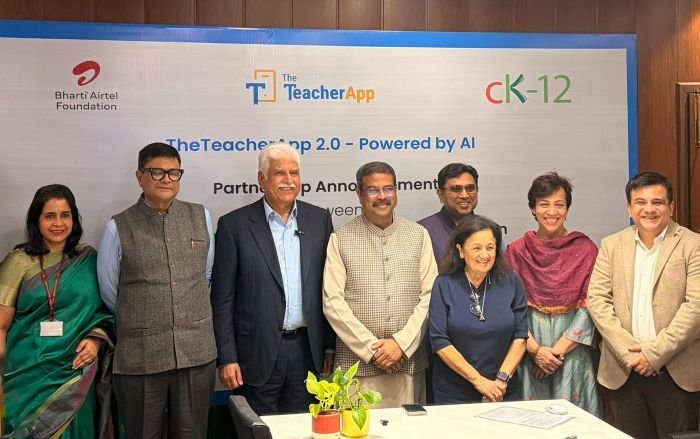
BY Gaurav Tyagi, Founder, Career Xpert
 In India, being a successful doctor is a competitive and lengthy process. Candidates have to begin by preparing for competitive NEET-UG or NEET-PG exams in a hard way as cracking these kinds of exams is always a tough challenge. It is also linked to getting into a medical school for MBBS or MS/MD programs of repute. Therefore, nothing should be left to chance. An experienced and qualified medical education counselor can be a great help in this navigation.
In India, being a successful doctor is a competitive and lengthy process. Candidates have to begin by preparing for competitive NEET-UG or NEET-PG exams in a hard way as cracking these kinds of exams is always a tough challenge. It is also linked to getting into a medical school for MBBS or MS/MD programs of repute. Therefore, nothing should be left to chance. An experienced and qualified medical education counselor can be a great help in this navigation.
- Being Aware of the Complicated Counseling Procedure
Whether for government, private, or designated universities, medical admissions in India are handled through a centralized counseling process. These include dynamic seat matrices, mop-up rounds, state vs. all-India quotas, and several rounds. Losing a year can result from a little error in option filling, document submission, or round selection. A qualified counselor makes sure applicants comprehend:
- The distinction between state quotas and AIQ
- How to intelligently rank preferences and colleges
- Cut-off patterns and seat availability by category
- Important dates and paperwork needed
2. Maximizing Opportunities Based on Rank
Each applicant has a unique profile and score, and not all of them are accepted into AIIMS or other prestigious universities. Counselors assist pupils in:
- Evaluate their chances realistically.
- Determine which universities are the best fit in terms of academics, cost, and location.
- Sort through state counseling programs, private colleges, and deemed universities.
- Steer clear of mistakes caused by either overestimating or underestimating their rank.
3. Tailored Guidance for MBBS vs MS/MD Aspirants
Postgraduates pursuing an MS or MD require an even more targeted approach than MBBS applicants, who concentrate on obtaining a first medical seat. There are far fewer seats available, competition is fierce, and specialty decisions need to be in line with long-term professional objectives. Counselors offer:
- Understanding the scope and demand for different specializations
- Advice regarding fellowship, diploma, and DNB programs as substitutes
- Individualized preparation for prestigious universities against branch choice
4. Avoiding Financial Pitfalls
Medical education is an expensive affair, especially in private and deemed universities. Many families struggle to understand fee structures, bond conditions, and hidden costs. A counsellor helps:
- Identify value-for-money colleges
- Understand refund policies and payment timelines
- Avoid fraud and misleading agents
- Navigate education loan options when required
5. Staying Updated in a Changing Policy Environment
Admissions policies and procedures are always changing. Reservation regulations change, new counseling software is released, and new institutions are added. A knowledgeable counselor is current and makes sure:
- The applicant doesn’t pass up any chances.
- Adapt the plan to current trends in seat vacancies
- offers checklists and timely notifications for each round.
6. Emotional Support and Confidence Boosting
It takes a lot of mental energy to prepare for medical school. Parents and students frequently worry about the future after receiving their NEET results. Counselors provide emotional assistance through:
- Making the procedure simpler
- Providing a well-defined plan of action to instill trust
- Responding to inquiries in a professional and patient manner
In the end, one of the most significant choices a medical student will ever make is which college and course to enroll in. Working with an experienced counselor can mean the difference between an excellent chance and a missed one, especially with thousands of applicants vying for a small number of seats and a complicated admissions procedure to manage.








